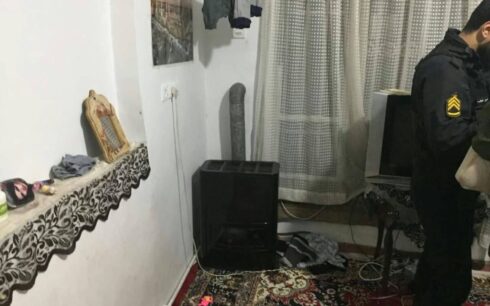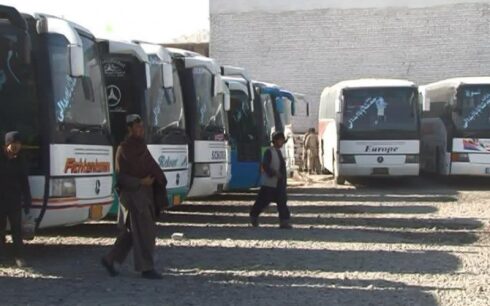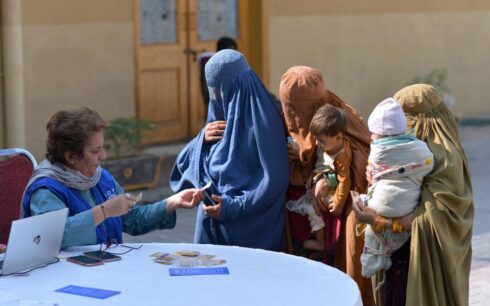The head of the United Nations Assistance Mission in Afghanistan (UNAMA), Roza Otunbayeva, and her deputy, Markus Potzel, engaged in discussions with the Taliban’s acting foreign minister, Amir Khan Muttaqi, in Kabul on Sunday.
UNAMA said on X that the needs of Afghan returnees, the UN Special Coordinator’s report on Afghanistan, and the need to ensure women’s and girls’ rights, including their full access to education and work, UNAMA said on X.
During the meeting, Otunbayeva provided updates on the UN’s ongoing efforts to support returnees and emphasized initiatives related to counter-narcotics and microfinance.
“Both parties reiterated their commitment to continuous engagement, especially in addressing the dire needs of the people, particularly with the impending winter,” stated UNAMA.
The Taliban has rejected a crucial recommendation from the UN Special Coordinator Feridun Sinirlioglu’s report, specifically opposing the appointment of a special representative for Afghanistan, terming it a “parallel structure.”
Taliban in a statement about the meeting said that Muttaqi emphasized that nations and organizations should engage exclusively with the Taliban. He said countries and organizations should strengthen existing solutions rather than creating “parallel alternatives”.
Hafiz Zia Ahmad Takal, Deputy Spokesman of the Taliban Foreign Ministry, reiterated this sentiment, asserting that it is crucial for the international community to communicate officially through accepted channels when interacting with Afghanistan.
The latest UN assessment envisions Afghanistan’s reintegration into the international community through political changes and proposes the appointment of a special United Nations envoy, resumption of peace talks, creation of an inclusive government, and increased participation of women in Afghan structures. However, the Taliban’s acting foreign minister in his meeting with UNAMA officials prioritized issues such as lifting sanctions, urging the international community and the UN to focus on these critical matters.
Naeem Poyish, a former diplomat, criticized the Taliban’s expectation that the UN should overlook human rights and the creation of an inclusive government, deeming it an unreasonable demand that could lead to the failure of the plan. He warned that such a stance could result in the isolation of the Taliban regionally and globally.
Amidst these discussions, a number of Kabul residents expressed their desire for a system that respects the rights of all, including women.
“We want a system that respects the rights of men and women. No one’s rights should be violated. We want a system that comes through elections,” Kabul resident Ahmad stated.
Another Kabul resident, Shakib, echoed this sentiment, emphasizing the establishment of a system based on elections that safeguards the rights of both men and women.
Following the public release of the UN special coordinator’s assessment, Hebatullah Akhundzada, the Taliban leader in Kandahar, assigned Muttaqi to oversee domestic and foreign policy.
Reports have circulated about the absence of Mawlawi Abdul Kabir, the political deputy chief minister of the Taliban. However, sources suggest that the Taliban’s claim of illness as the reason for Kabir’s absence may not be accurate.





